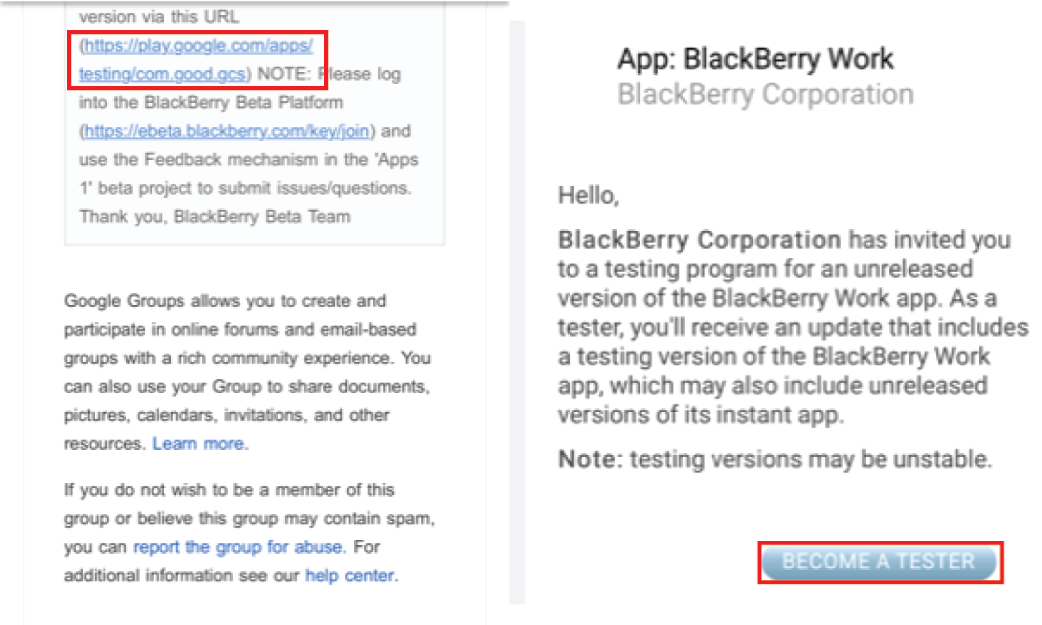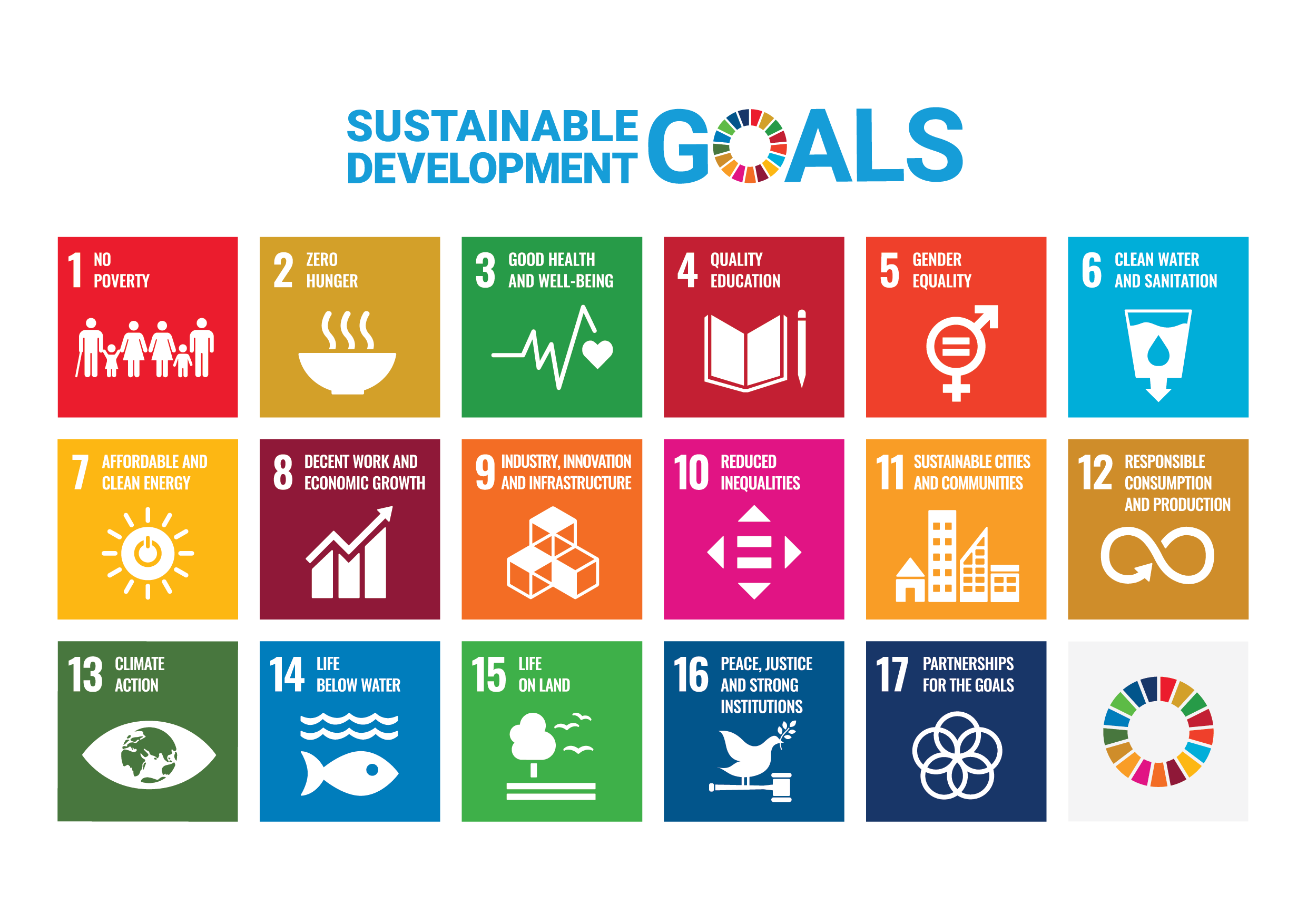
Consulting services can be a great source of extra income, but it can be challenging to price them. You need to know how to properly price consulting services in order to win new clients and keep your company profitable.
There are many pricing models for consulting services that you can use to price the business. However, make sure your rates are relevant to your job and market. There are three main pricing models: hourly, flat fee, and retainer.
Hourly Rates
Hourly rates are one of the most popular pricing models for consulting services. They are determined by how long it takes to complete a project. This is a good option when you have smaller projects. However, it can be hard to decide the right amount of time for bigger projects.
Hourly rates could be the most efficient pricing model for a new consultant. This approach helps you determine what a project is worth and gives you the freedom to adjust your fees as you learn more about the work involved.

You should not overcharge for services. Overcharging your clients could result in you losing money or causing legal problems.
Consultancy Services Pricing Strategies
If your consulting services offer something unique, you might consider charging per-service. This is a popular approach for small businesses offering specialized services, or agencies that offer many types of services.
If you use a per service rate, it's a good idea for each service to be priced separately. This will ensure clients receive the best value and allow them to easily switch services.
Coaching and Retainer Fees
A retainer fee is a monthly payment that is negotiated between a consulting firm and a client. It is commonly used by trusted advisors or coaches who provide long-term guidance to their clients.
It's a great way to help your clients budget your services and ensure consistent cash flow throughout each year. This is especially helpful if you work with small business owners that don't have the funds to pay upfront but will need your support later.

Another benefit of a retainer fee is that it can allow you to be the first one to know when projects come in. This is particularly helpful for start-ups in rapid growth and turnaround situations that require immediate assistance.
Your consulting fees are more than just your rates. They reflect the value you provide to clients and how much your services cost. You might charge more if your consulting services are data science-based if you can save clients money by understanding their data than if you were just providing general management advice.
FAQ
Is it possible to start a consultancy from home?
Absolutely! In fact, many consultants already do exactly this.
Working remotely is a common way for freelancers to work. They use tools like Skype, Trello (Slack), Trello, Basecamp and Dropbox. They often create their own office space so they don't miss out on company perks.
Some freelancers prefer working in cafes and libraries over traditional offices.
Some choose to work remotely because they are surrounded by their family.
Working from home comes with its own pros and cons. However, if you love what you do, it is worth considering.
How do I get clients for my consultancy business?
It is important to identify an area of passion. You can choose to be passionate about anything, from public relations and social media. If not, you may have to start small by finding a niche market such as web design. Once you have discovered the niche, understand what it does. What problems can it solve? What problems can it solve? But most importantly, what can you do to help them?
You can also try approaching businesses directly - perhaps they need someone who understands SEO or content creation, or maybe they just want to know where to go for advice on social media strategy.
You can also offer your services at events such as networking nights and conferences, if all else fails. You'll meet many potential customers without spending money on advertising, and you'll be able to show off your skills.
Do I need a degree to be a consultant?
Studying a subject deeply and then applying your knowledge is the best way for you to become an expert.
You can learn all you need to know to become a great consulting professional by starting to study now.
Employers may be reluctant to hire people with a degree, but not the relevant experience. However, if you can demonstrate that you've studied the same subjects as those who got the jobs, you could still apply.
Employers are always looking for people with real-world knowledge.
Statistics
- WHY choose me: Why your ideal client should choose you (ex: 10 years of experience and 6-week program has helped over 20 clients boost their sales by an average of 33% in 6 months). (consultingsuccess.com)
- Over 50% of consultants get their first consulting client through a referral from their network. (consultingsuccess.com)
- On average, your program increases the sales team's performance by 33%. (consultingsuccess.com)
- My 10 years of experience and 6-step program have helped over 20 clients boost their sales by an average of 33% in 6 months. (consultingsuccess.com)
- Over 62% of consultants were dissatisfied with their former jobs before starting their consulting business. (consultingsuccess.com)
External Links
How To
What is a typical day for a consultant?
Your work type will determine the length of your day. But generally speaking, you will spend time researching and planning new ideas, meeting clients, and preparing reports.
Meetings are a common way to discuss problems and issues with clients. These meetings can be done over the phone or via email.
You may also be asked to prepare proposals, which are documents outlining your ideas and plans for clients. Before presenting these proposals to clients, you will usually need to discuss them with a colleague or mentor.
After all the planning and preparation you will have to put your efforts into creating some content. This could include writing articles, designing websites or editing photos.
It depends on the project's scope, you might need to do some research to collect relevant statistics. It may be necessary to know how many customers are currently using your products or services.
Once you have gathered enough information, it's time to present your findings to clients. Your findings may be delivered orally, or written.
You must also follow up with clients following the initial consultation. For example, you might call them periodically to see how things are going or send emails asking them to confirm that they received your proposal.
This is a long process that can take some time. However, it is crucial to stay focused and to maintain good relationships.